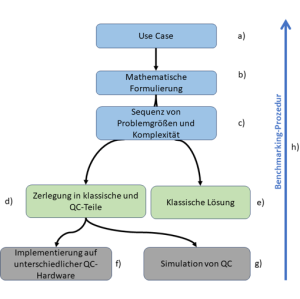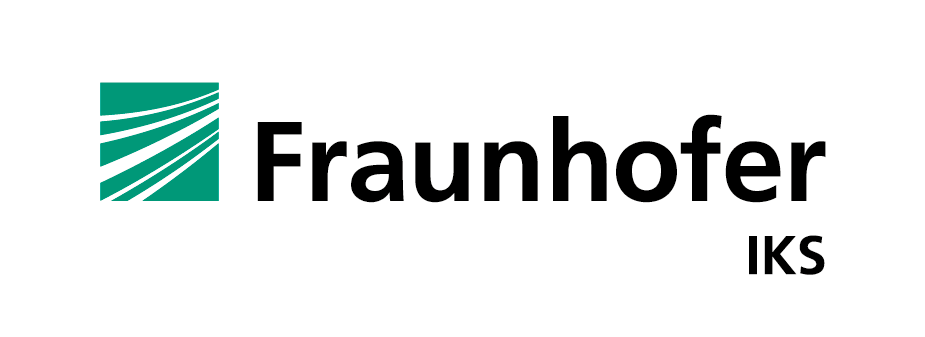The use of quantum computers holds the potential for revolutionary changes in various areas of academic research and industrial applications. Quantum computers in their optimal implementation could lead to advantages in solving certain problems, such as those arising in mathematical optimization, machine learning or the simulation of quantum systems. The advancement of hardware and software for currently available NISQ devices ("noisy intermediate-scale quantum") is paving the way towards the ideal quantum computer.
Although the benefits of quantum computers can be proven mathematically for some problems, it remains unclear whether specific industrial problems and use cases can benefit from quantum computers in the near future. It is therefore essential to conduct a comprehensive investigation of the potential of quantum computers for practical use cases and provide future users with a realistic understanding of the technology’s capabilities.





